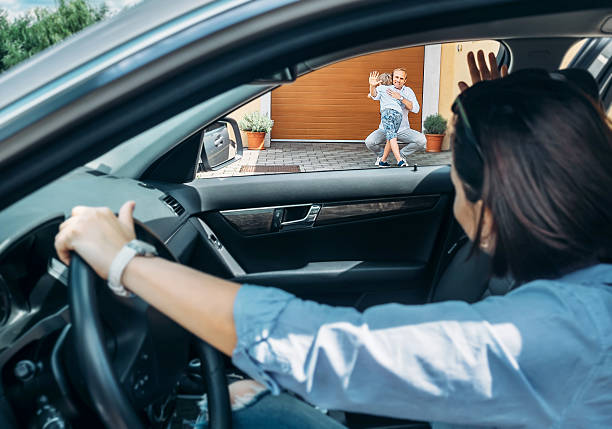Cooperative parenting after divorce eases transition for children


Parents getting a divorce in Illinois can apply strategies that ease the transition to two households for their children. The dissolution of a marriage naturally upsets children, but parents willing to make an extra effort to cooperate could reduce emotional burdens on their children during a disruptive time.
Children frequently worry that they did something to cause their parents to break up. They may even want to know if they can do anything to fix the situation for their parents. Parents should make an ongoing effort to convince children that they were not the reason for the divorce. When possible, it might reduce anxiety for children if they were not informed about the divorce until some or all details of the split have been established. This will reduce uncertainty and help children cope because parents can provide concrete answers about what will happen.
Holidays, birthdays and special events pose challenges for divorced parents. Ideally, co-parents will agree to be civil during family events so that their children can enjoy special occasions with all family members without needing to be transported to separate celebrations.
Household rules sometimes create another point of tension between co-parents. Different rules at different households can confuse children and promote parenting disputes. Whenever feasible, parents should strive to have very similar rules and expectations at each home.
Speaking with an attorney may prepare a person to navigate the many issues related to divorce and child custody. An attorney might keep negotiations with the other parent focused on deciding child custody/allocation of parental responsibilities instead of old arguments. When disputes arise, an attorney might suggest solutions that have worked for other families. As parents come to terms, an attorney may write the parenting plan and recommend specific details that could promote parental cooperation.